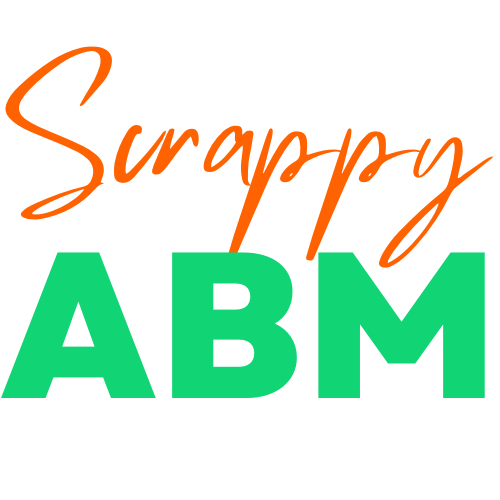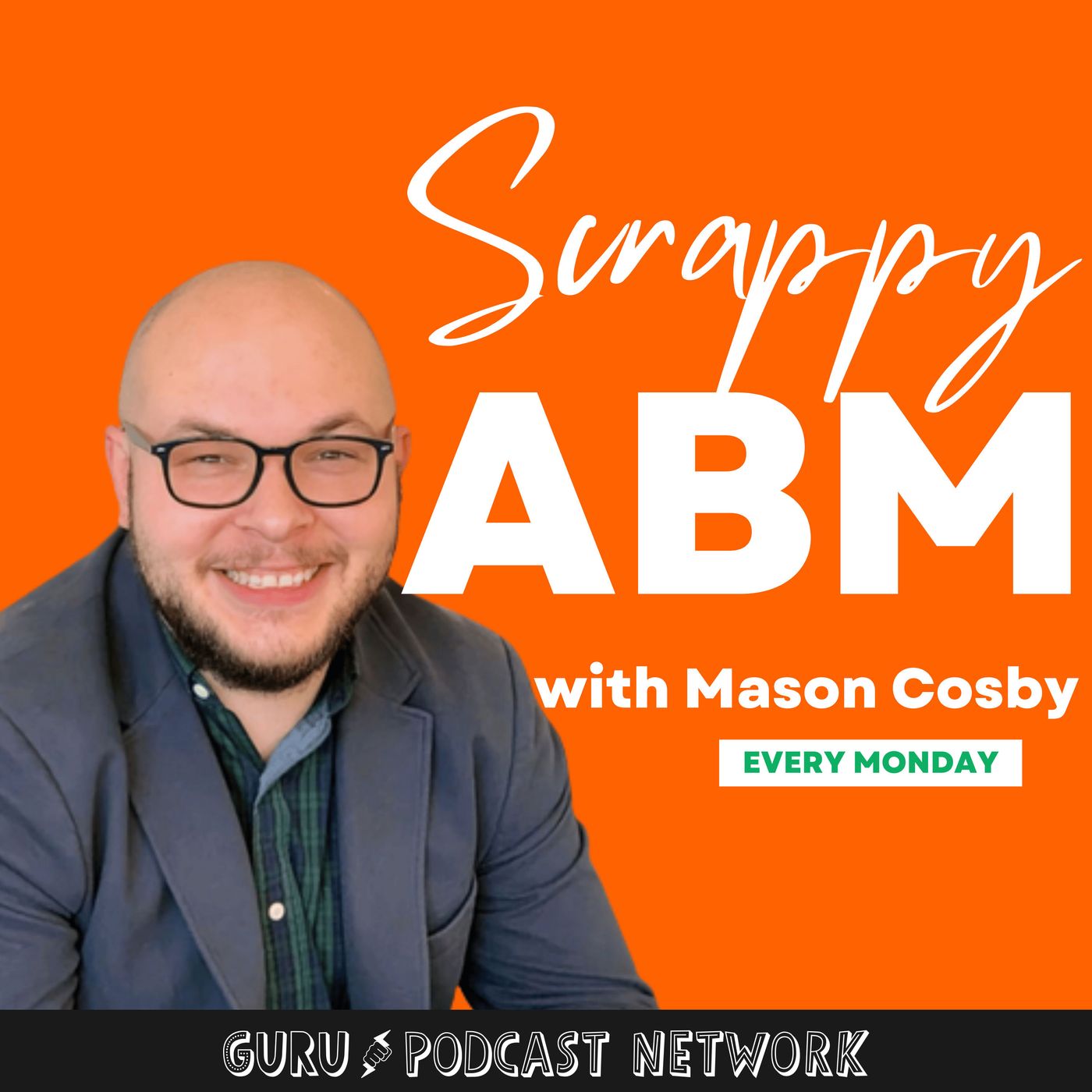B2G ABM: “Webinars Are Completely Bottom of Funnel” (with Michelle Hanley) | Ep. 221
- 0.5
- 1
- 1.25
- 1.5
- 1.75
- 2
DESCRIPTION
Scrappy ABM brings a focused look at business to government—B2G in the context of an ABM program. Host Mason Cosby sits down with Michelle Hanley to map the nuances of payment processing for governments across state and local. With a finite group of agencies, shifting election cycles, and long six to 24-month timelines, buying groups change and risk aversion is real. Michelle lays out a play that flips “normal B2B” on its head: events to meet new people and get contacts, email as the day-to-day touchpoint, and webinars that are completely bottom of funnel—often a sniff test for open opportunities. Listen for practical talk on RFPs, contact harvest, segmentation by state or city, stage one opportunities, and why “if it ain’t broke, don’t fix it” still shapes adoption—while teams have to get scrappy with budget.
ㅤ
👤 Guest Bio
Michelle Hanley is the Senior Manager of Demand Gen at PayIt, focused on payment processing for governments across state and local. She leads programs that rely on events, email, webinars, RFPs, and segmentation of buying groups—often by state or city—with timelines ranging from six to 24 months. Michelle highlights stage one opportunities, contact harvest, and attribution to guide spend.
ㅤ
📌 What We Cover
- B2G ABM focus: state and local, a finite group of agencies, and elected roles that change every 2, 4, 6, 8 years
- Buying signals & timelines: RFPs, six to 18 months locally, 18 to 24 months at the state level
- Channel mix that flips B2B: events to meet people and get contacts, email for nurtures and newsletters, webinars as bottom-of-funnel
- “Sniff test” webinars: smaller registration but tied to open opportunities and real evaluation
- Paid as air cover: paid media for awareness; content syndication for contact harvest into lead scoring and nurtures
- Segmentation reality: agencies like DMV, finance, IT; buying groups differ by state and city
- Success metrics in motion: stage one opportunities, the right people in system, events with the right audiences, and relationship expansion within accounts
- Budget constraints: fewer campaigns, bigger impact; get scrappy and point dollars to events and webinars with attribution
- Mindsets in government: risk aversion, legacy systems, and “if it ain’t broke, don’t fix it”—while newer officials expect credit card online and digital
ㅤ
🔗 Resources Mentioned
- BigMarker (webinar platform)
- Marketo (automation platform)
- Salesforce (CRM)
- Groove (BDR outreach; “a Clary program”)
- Outreach — outreach.io
- SalesLoft
- CaliberMind (attribution)
- LinkedIn (contact and community)
- City of Atlanta — cityofatlanta.com
- Scrappy ABM: Visit for more ABM tips and strategies.
- Connect with Mason on LinkedIn for a conversation about ABM
ㅤ
If you enjoyed today's episode and found valuable insights for your business, be sure to subscribe to the Scrappy ABM podcast for more expert discussions. Don't forget to leave a review and share this episode with your team or fellow marketers!


